10 Cooling and Energizing Summer Foods to Eat in 2025
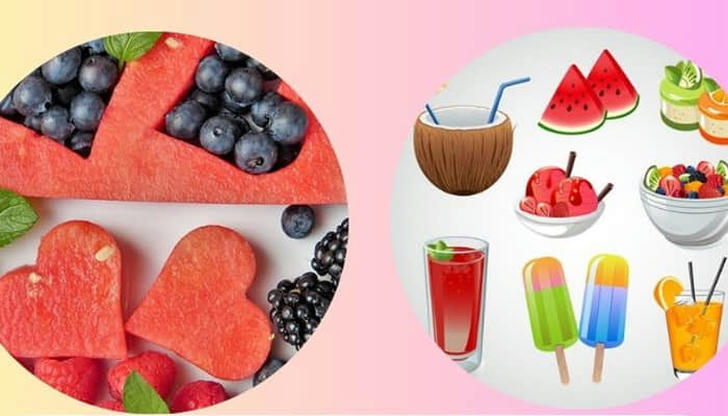
Staying cool and energized during the hot summer months doesn’t mean relying on cold sodas or energy drinks. Nature has already provided the perfect toolbox — fresh, hydrating, and nutrient-rich foods that help your body beat the heat naturally.
Here are 10 of the best foods to keep you refreshed, nourished, and full of energy this summer — and how to enjoy them in delicious, easy ways.
1. Cucumbers: The Hydration Hero
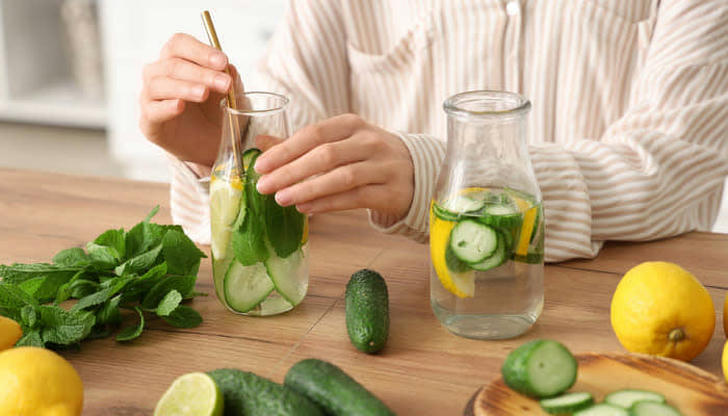
With over 95% water content, cucumbers are one of the most effective natural ways to hydrate your body. They’re also a good source of potassium, which helps maintain fluid balance and prevent summer fatigue.
Nutritional benefit: Low in calories, rich in antioxidants, and soothing to the digestive tract.
How to enjoy: Add cucumber slices to lemon water, layer them in sandwiches, or make a chilled cucumber-mint soup. You can even blend cucumbers with yogurt and dill for a light dip or snack.
2. Watermelon: Sweet and Hydrating
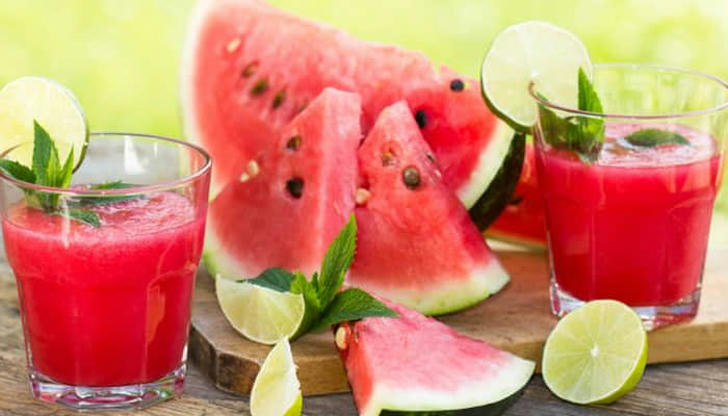
Nothing says “summer” like a juicy slice of watermelon. This fruit is about 92% water, making it excellent for hydration. It also contains citrulline, an amino acid that may improve blood flow and reduce muscle soreness.
Nutritional benefit: Loaded with vitamin C, A, and antioxidants like lycopene, which protects skin from UV damage.
Bonus tip: Freeze cubed watermelon and blend with lime juice for a slushy-style refresher with zero added sugar.
3. Mangoes: Nature’s Tropical Energy Boost

Mangoes are a go-to fruit for hot climates for good reason. They’re rich in vitamin A, vitamin C, and natural enzymes that help improve digestion — particularly useful when heat slows down your metabolism.
Nutritional benefit: A great natural sugar source for quick energy, with fiber to help keep blood sugar steady.
Serving idea: Chop fresh mango into salsa with red onions and lime, or make popsicles by blending mango puree with coconut milk.
4. Leafy Greens: Light but Powerful
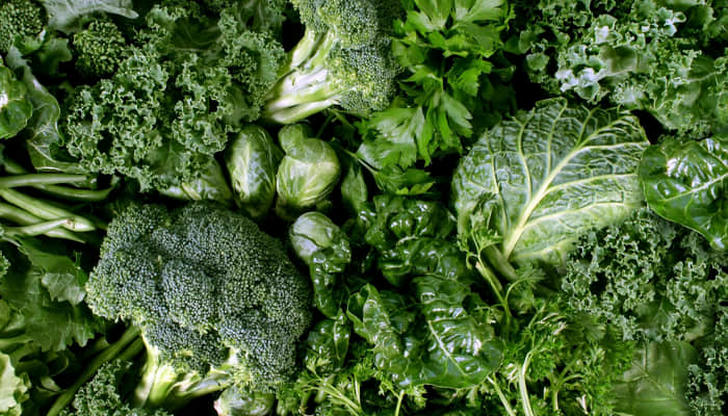
Summer is not the time for heavy comfort food. Instead, go for light and nutrient-dense greens like spinach, arugula, and romaine. These greens contain plenty of water and are packed with magnesium, which supports muscle function and energy production.
Nutritional benefit: Fiber-rich, hydrating, and anti-inflammatory.
Easy idea: Toss greens with citrus vinaigrette, nuts, and seasonal fruits like strawberries or peaches for a colorful salad that satisfies.
5. Coconut Water: Nature’s Sports Drink
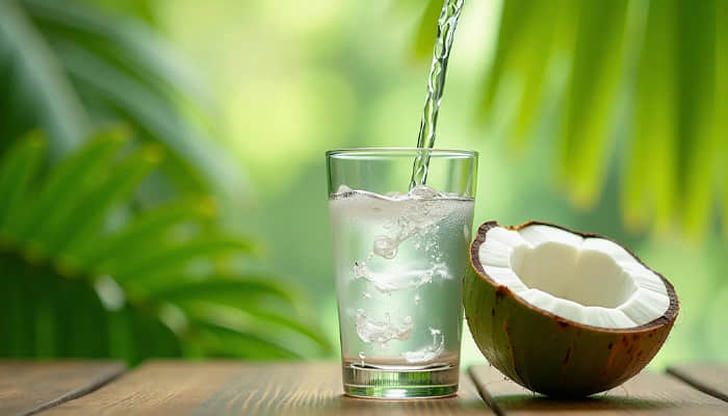
Sweating from heat or physical activity depletes not only water but also electrolytes like potassium and sodium. Coconut water is an all-natural rehydration drink that replenishes these lost minerals without added sugar.
Nutritional benefit: Naturally rich in potassium, magnesium, and calcium.
How to enjoy: Drink it chilled with a squeeze of lime, or blend it into smoothies for an extra hydrating kick.
6. Berries: Cool, Colorful, and Antioxidant-Rich
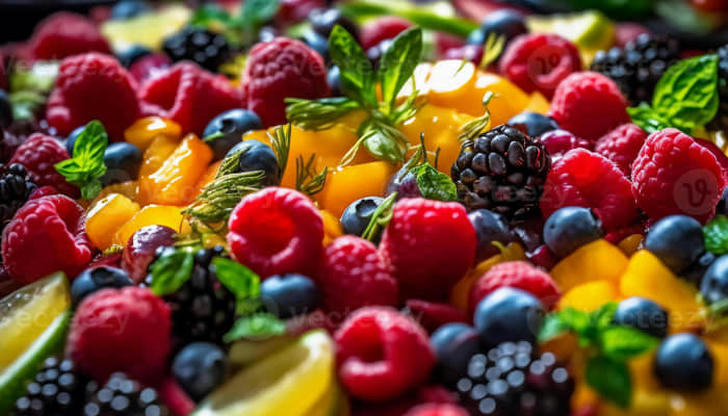
Berries — including strawberries, blueberries, blackberries, and raspberries — are low in calories, high in fiber, and full of antioxidants. They also have a high water content and are great for snacking on the go.
Nutritional benefit: Excellent for reducing inflammation, supporting brain health, and aiding recovery after sun exposure.
Snack tip: Mix them with granola and Greek yogurt, or freeze them and pop them like candy on a hot day.
7. Citrus Fruits: Zesty Energy Enhancers
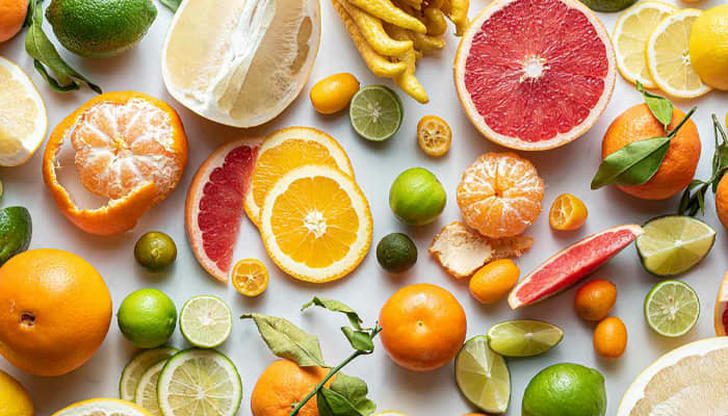
Citrus fruits like oranges, lemons, and grapefruits are packed with vitamin C, which helps strengthen the immune system, promote collagen production, and reduce oxidative stress — all important in the summer when UV rays are strongest.
Nutritional benefit: Hydrating, immunity-boosting, and good for digestion.
Try this: Add citrus slices to your water bottle, use lemon juice in dressings, or segment oranges into your salads for brightness and flavor.
8. Mint: Small Herb, Big Cooling Effect

Though technically an herb, mint deserves a spotlight for its natural cooling sensation and digestive benefits. It also has antibacterial properties and can soothe upset stomachs — common when eating on-the-go or in extreme heat.
Nutritional benefit: Soothing, refreshing, and digestion-friendly.
Use it: Brew mint tea and serve it cold, chop mint into fruit salads, or blend it into smoothies with cucumber or watermelon.
9. Cold Potatoes and Sweet Potatoes: Cool Carbs for Energy
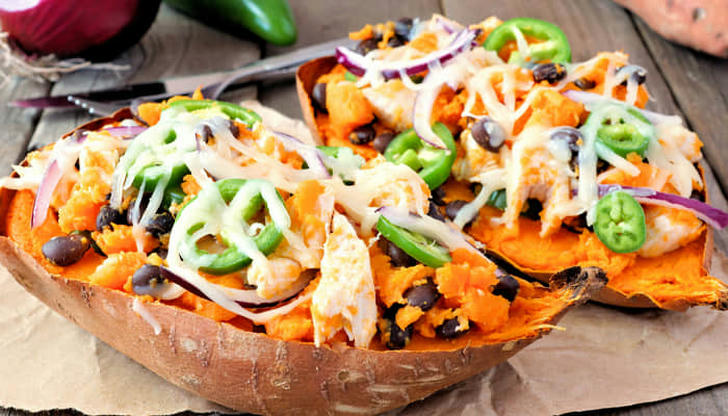
Cold carbs? Yes! Chilled potatoes or sweet potatoes — such as in potato salad — provide complex carbohydrates and resistant starch, which help fuel your body steadily and support gut health.
Nutritional benefit: High in potassium, vitamin B6, and complex carbs for lasting energy.
Healthy tip: Use olive oil, lemon juice, and herbs for dressing instead of mayonnaise to make a lighter, summer-friendly potato salad.
10. Corn: A Summer Staple That Fuels You
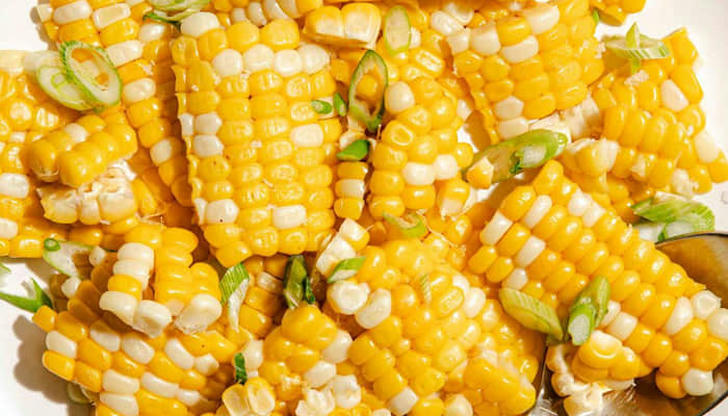
Fresh corn is not only delicious but also a hydrating grain that provides fiber, B-vitamins, and natural sugars for quick but stable energy. It’s a great side dish at cookouts and easily pairs with other summer flavors.
Nutritional benefit: Supports digestion, boosts energy metabolism, and keeps you full longer.
Try this: Grill corn and top with lime juice, chili flakes, and a sprinkle of feta or cotija cheese for a flavorful side.
Extra Tips for Summer Eating
Here are a few bonus strategies to keep your diet summer-smart:
• Eat smaller, more frequent meals: Digestion generates heat. Lighter meals help keep your core temperature lower.
• Limit fried or heavy foods: These can make you feel sluggish and bloated in hot weather.
• Focus on hydration-first foods: Think fruits and vegetables with high water content (like zucchini, celery, tomatoes, etc.).
• Don’t skip breakfast: A protein-rich breakfast gives you steady energy throughout the day and prevents afternoon crashes.
